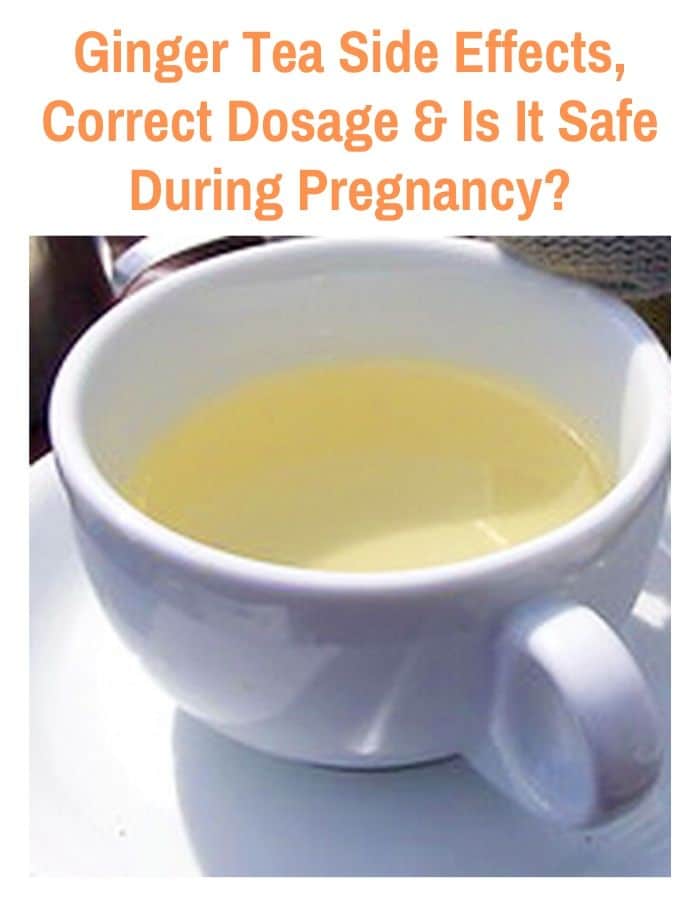Valerian root has been used for centuries as a natural remedy for a number of common conditions, including anxiety, insomnia, and high blood pressure. It's considered safe for most people when taken correctly, but like any herbal supplement, it's important to follow dosage instructions carefully to avoid the risk of side effects or interactions with other medications.

If you're considering taking valerian root to help alleviate your anxiety or insomnia, here's what you need to know about safe dosages.
What Is Valerian Root?
Valerian root comes from the root of the Valeriana officinalis plant, a flowering plant native to Europe and Asia. The root has a distinctive smell that some people find unpleasant, but it's been used for centuries in traditional medicine to promote relaxation and calm.
Valerian root contains a number of compounds that have been shown to have sedative and anxiolytic (anxiety-reducing) effects, including valerenic acid and isovaleric acid. It's available in a variety of forms, including capsules, tablets, tinctures, and teas.
How Much Valerian Root Should You Take?
The appropriate dosage of valerian root depends on several factors, including your age, overall health, and the condition you're trying to treat. Since there is no standardized dosage for valerian root, it's important to follow the manufacturer's instructions carefully or speak to a healthcare professional before taking it.
Typically, the recommended dosage of valerian root extract is 300-600 mg taken orally, one to two hours before bed to treat insomnia. If you're taking valerian root to help alleviate anxiety or stress, a lower dosage of 120-200 mg, three times per day has been shown to have a calming effect.
It's worth noting that while valerian root is generally considered safe at recommended doses, taking high doses of valerian root may cause side effects, such as headaches, dizziness, or upset stomach. In rare cases, some people may experience liver damage or addiction to valerian root supplements.
Who Should Avoid Valerian Root?
While valerian root is generally considered safe for most people, there are some individuals who should avoid taking it altogether. If you're pregnant or breastfeeding, it's important to avoid valerian root, as there is not enough research to determine its safety during pregnancy or lactation.
If you have liver disease or are taking medications that affect the liver, such as acetaminophen, antidepressants, or statins, it's important to speak with your healthcare provider before taking valerian root, as it may interact with these medications and cause complications.
Conclusion
Valerian root extract is a natural remedy that can help alleviate anxiety, insomnia, and other common conditions. While it's generally considered safe, it's important to follow dosage instructions carefully to avoid the risk of side effects or interactions with other medications.
If you're considering taking valerian root, it's a good idea to speak with your healthcare provider to determine the appropriate dosage for your needs. In addition to valerian root, it's important to practice good sleep hygiene, stress management, and healthy lifestyle habits to promote overall wellbeing.